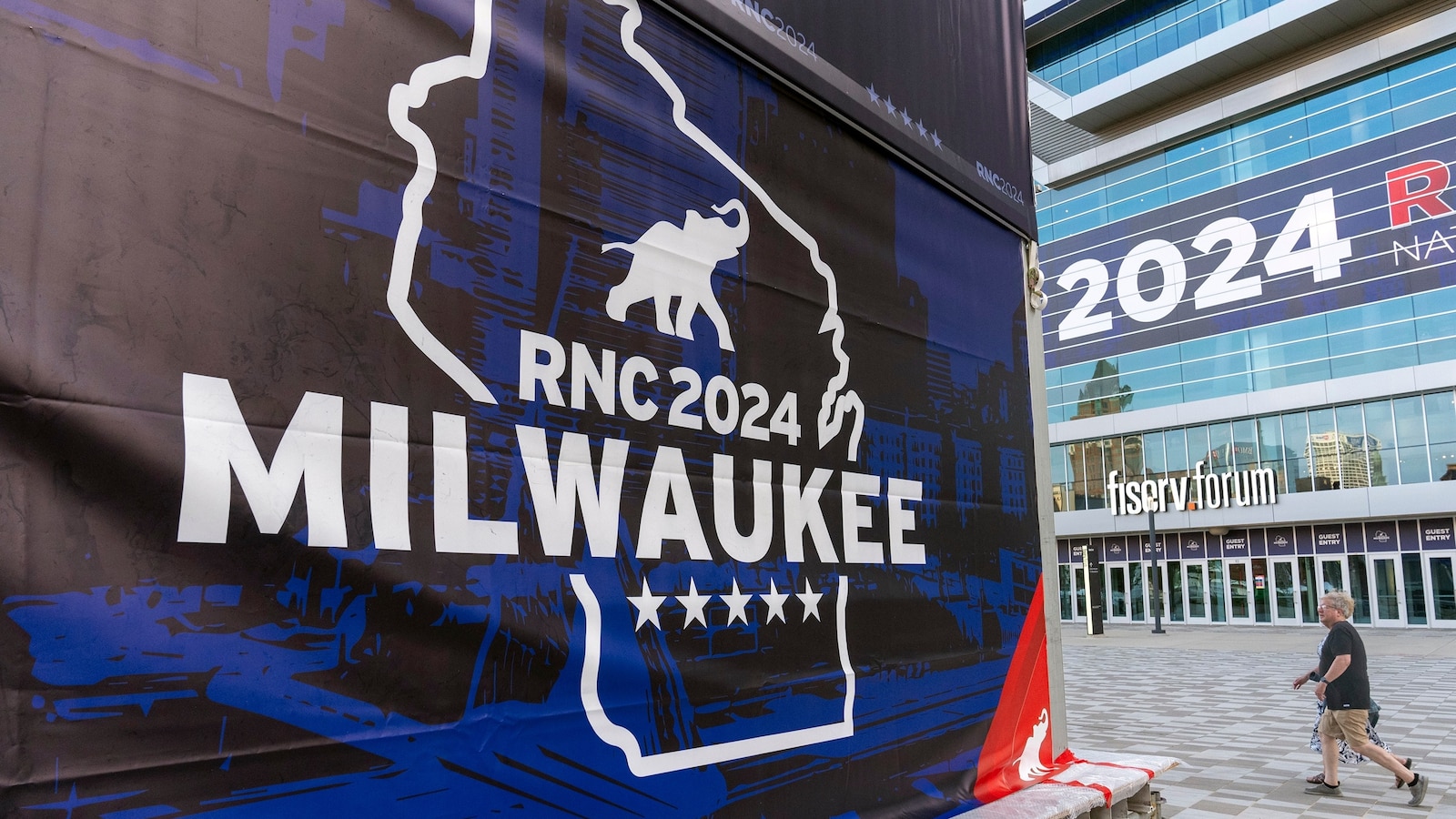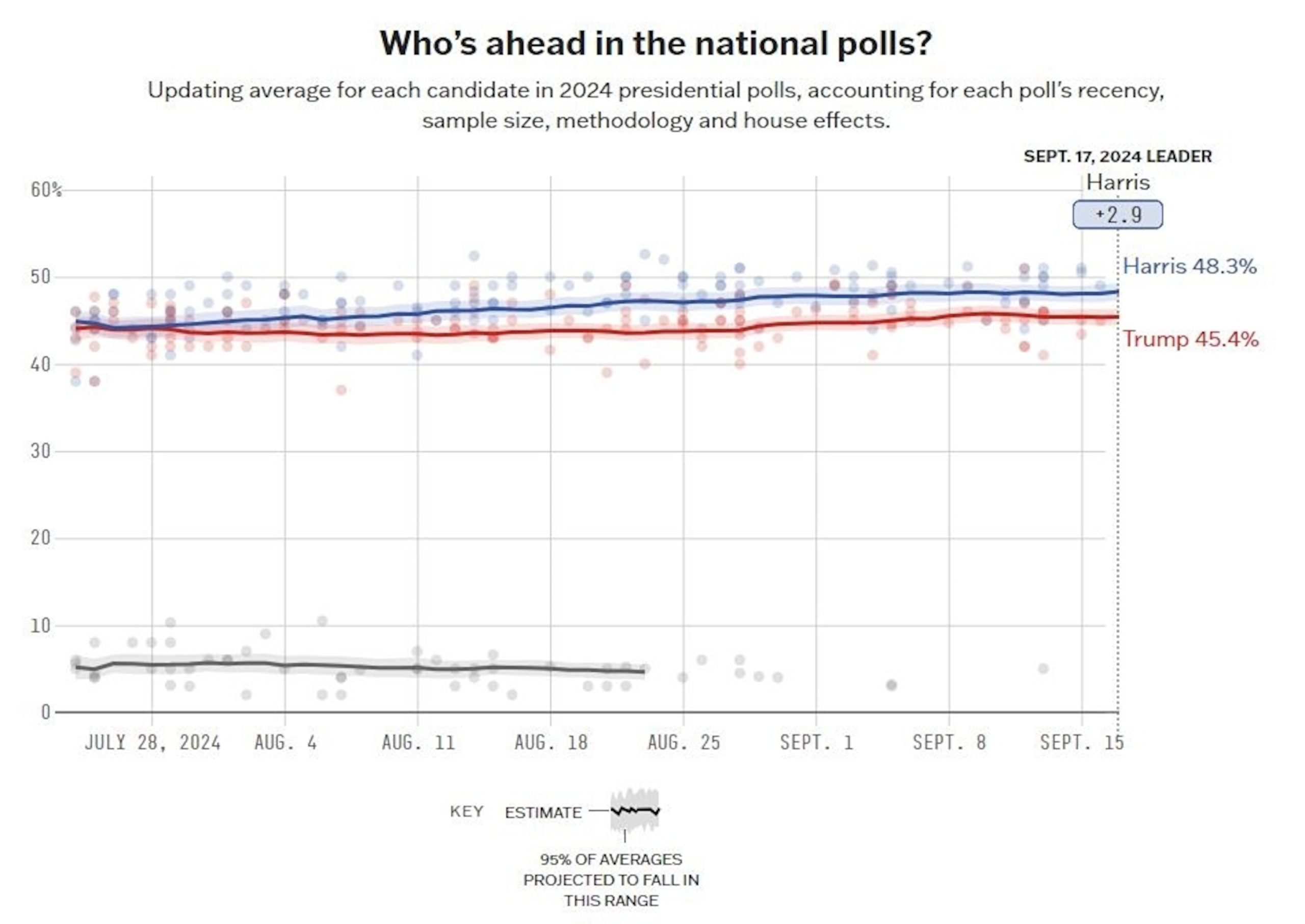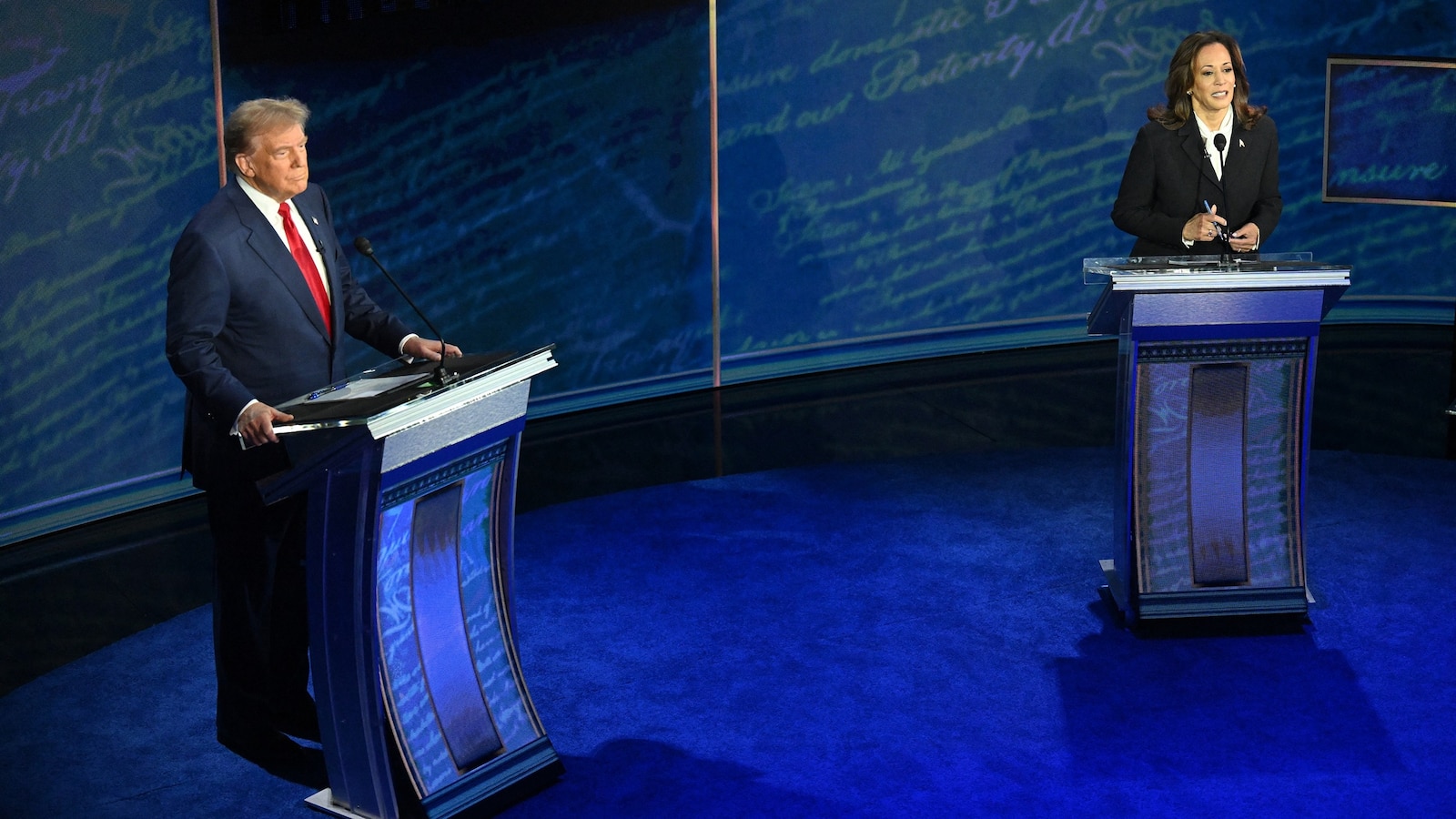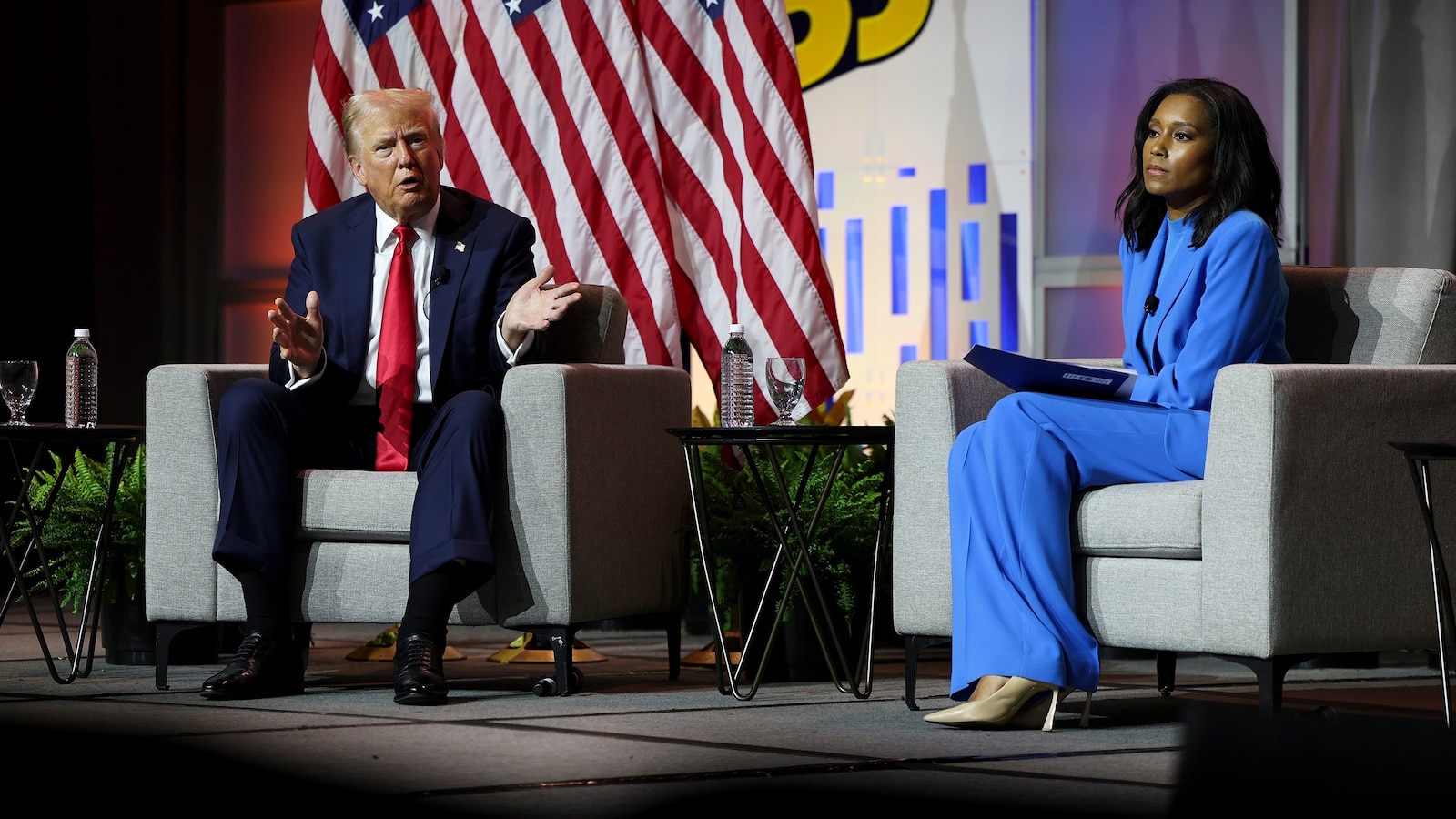
The Republican National Convention is this week and it’s no surprise that the GOP chose Milwaukee, Wisconsin as the host city.
Wisconsin was the tipping point state for Joe Biden in 2020 and Donald Trump in 2016. That’s to say, it put the winner over the finish line in the Electoral College in back-to-back presidential elections. And both times, the difference maker was only about 20,000 votes. The state is all but certain to be pivotal again in 2024.
Milwaukee, the largest city in Wisconsin, sits on the shores of Lake Michigan, which together with the rest of the Great Lakes makes up the largest freshwater system in the world. And if you want to experience that freshwater for yourself, Milwaukee has sandy beaches and even a Tiki Bar.
You may have heard Milwaukee referred to as Brew City. Today it has about 30 breweries within city limits, but its reputation for beer actually dates back to the 19th century when an influx of German immigrants came to the area and opened breweries. By one early count, in the middle of the 19th century, there was one tavern for every 40 Milwaukeeans. These days, Wisconsin as a whole has the third-most bars per resident of any state in the country.
In the late 1800s, native Germans made up more than a quarter of the city’s population, the largest concentration of a single immigrant group in any city in the country. The city still celebrates its German ancestry with a German Fest every summer.
In the second half of the 19th century, Milwaukee became an industrial city and to this day has the second-highest concentration of manufacturing jobs in the country. As industry grew, workers began to unionize, and, in 1910, Milwaukee elected Emil Seidel as the first Socialist mayor of a major city in the United States.
Black Americans began moving to Milwaukee during the Great Migration in the early 20th century. The city’s industrial jobs were a draw for many of the millions of people who moved from the South to the North during that time. Today about 40 percent of Milwaukeeans are Black, the largest racial or ethnic group in the city.
Among the city’s many museums is the Wisconsin Black Historical Society where you can learn about history like the Casablanca House, which hosted Black touring jazz artists like Louis Armstrong, Duke Ellington and Billie Holiday.
Milwaukee doesn’t mess around in the sports arena. It’s home to the Brewers baseball team, the Bucks basketball team, and the Milwaukee Admirals and Milwaukee Wave hockey and soccer teams. Harley-Davidson Motorcycles is also headquartered there.
When it comes to politics, Milwaukee has long been a Democratic stronghold surrounded by reliably Republican suburbs in Waukesha, Ozaukee and Washington counties. But in recent years, that trend has been shaken up a bit. The core of Milwaukee hasn’t turned out for Democrats in quite the same numbers, and the suburban areas have swung away from Republicans to a noticeable degree.
In 2024, Milwaukee, and Wisconsin more broadly, is ground zero for the fight for the White House. And this week, Republicans are trying to sway some voters with a big show in the state’s largest city.
The Republican National Convention is currently underway in Milwaukee, Wisconsin, and it has been a whirlwind of activity and excitement. Delegates from all 50 states have gathered to officially nominate their candidate for the upcoming presidential election, as well as to discuss and debate the party’s platform and priorities for the future.
One of the main highlights of the convention so far has been the keynote address delivered by President Donald Trump. In his speech, President Trump outlined his accomplishments during his first term in office, including the strong economy, job growth, and his efforts to secure the border and protect American interests abroad. He also took the opportunity to criticize his opponent, former Vice President Joe Biden, and the Democratic Party’s platform, painting a stark contrast between the two parties.
Another key moment at the convention was the official nomination of President Trump for re-election. Delegates from each state had the opportunity to cast their votes, with President Trump easily securing the nomination. There was a sense of unity and enthusiasm among the delegates as they rallied behind their candidate for another four years in office.
In addition to the speeches and nominations, there have been a number of panel discussions and workshops covering a wide range of topics, from healthcare and immigration to national security and foreign policy. Delegates have had the opportunity to engage with experts and policymakers on these issues, gaining valuable insights and information to take back to their home states.
Overall, the Republican National Convention in Milwaukee has been a successful and energizing event for the party. Delegates have come together to show their support for President Trump and to rally behind their shared values and priorities. As the convention continues, there will be more speeches, discussions, and events to look forward to, as the party gears up for the upcoming election in November.


